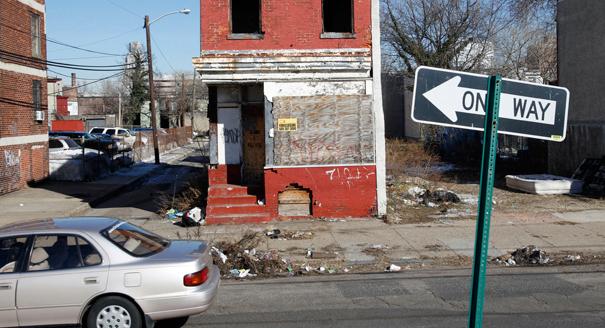Lyndon B. Johnson declared an “unconditional war on poverty in America” during his State of the Union address on January 8, 1964. What followed was an unprecedented federal initiative to address poverty through education, job training and community programs. Some scholars have given lectures on the “success” that Johnson’s “war” has had. But, nothing could have prepared us for the latest statistics released by the U.S. Census Bureau. Poverty levels have actually increased according to a June 4 article. The percentage of 18- to 64-year olds who live below the poverty level has increased 30.5% since 1966.
This stands in stark contrast to Johnson’s statement that “30 years from now Americans will look back upon these 1960s as the time of the great American Breakthrough toward the victory of prosperity over poverty”. So, how much has this “victory” cost us? Since we started the War on Poverty in 1965, the federal government alone has spent more than $13 trillion fighting poverty. If you include state and local governments, it brings the total anti-poverty spending to over $15 trillion according to a 2011 New York Times article.
But, those numbers haven’t deterred Washington from trying for one last push against poverty. Obama has hinted that he wants to use the rest of his second term to focus in part on the challenges facing low-income communities – and the tangled intersection of race, poverty and crime. If an effective anti-poverty program is judged not by how much we put in but by what we get out we would have been better off never starting this “war”.


![Texas Victory: Federal Judge Rules $1.7 Trillion Spending Bill Unconstitutional, Backs Ken Paxton’s Challenge [VIDEO]](https://i2.wp.com/i.ytimg.com/vi/Rn5RkU0QvRs/maxresdefault.jpg?resize=440,264)


![Record-Breaking Border Encounters Amid Worsening Crisis [VIDEO]](https://i3.wp.com/austincountynewsonline.com/wp-content/uploads/2022/12/border-crisis.jpg?resize=440,264)
